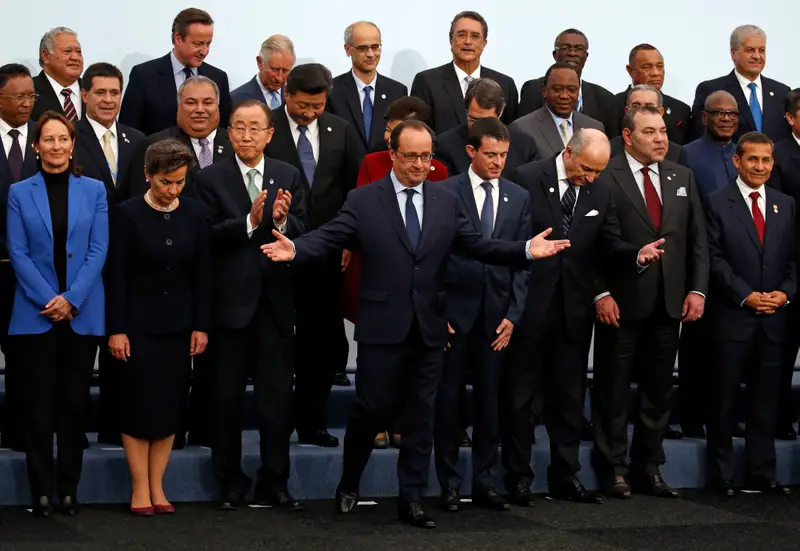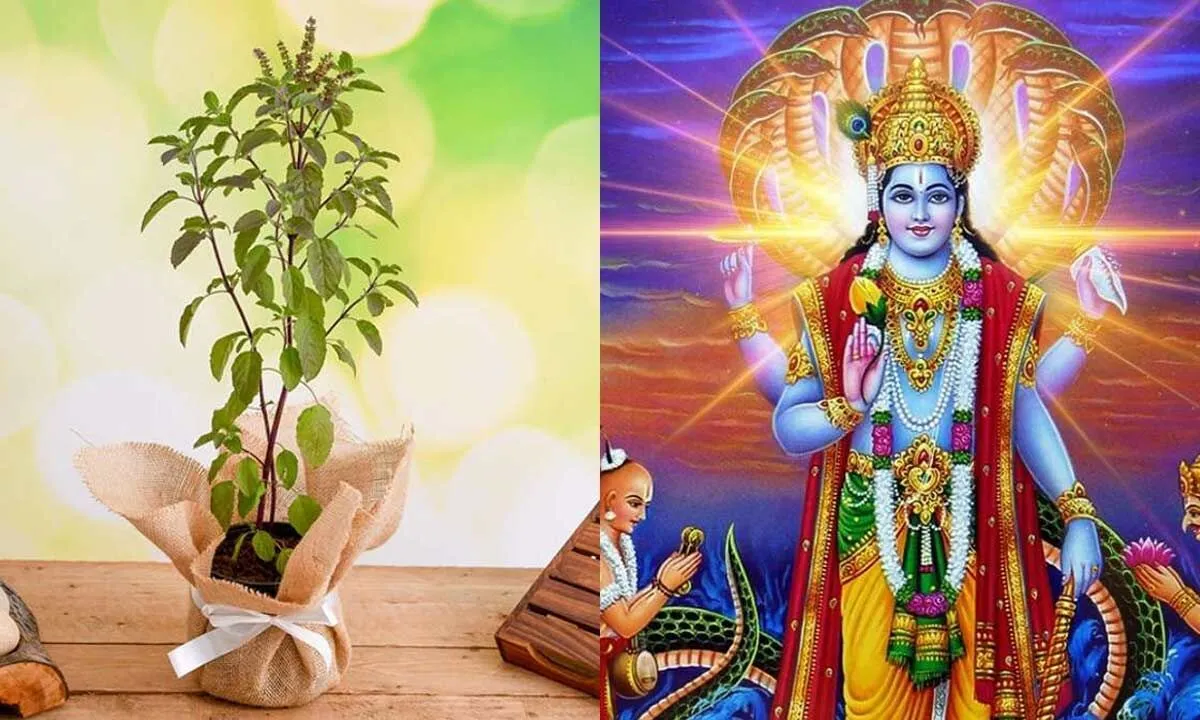As climate change continues to disrupt ecosystems, economies, and entire communities, the role of global political leadership has never been more important. The policies, pledges, and actions (or inactions) of world leaders directly influence the planet’s trajectory.
In 2025, climate change is not just an environmental issue—it's a geopolitical, economic, and humanitarian challenge.
This article explores where major world leaders stand on climate action, what their governments are doing, and what it means for the global community.
🇺🇸 United States – President Joe Biden (or successor)
The United States returned to the global climate conversation under President Joe Biden, especially after rejoining the Paris Agreement. The Biden administration has:
Set a goal to reach net-zero emissions by 2050
Aims to cut emissions 50–52% by 2030 (compared to 2005 levels)
Passed the Inflation Reduction Act—a historic $369 billion investment in climate and clean energy
Prioritised EV manufacturing, wind/solar energy, and carbon capture
Despite domestic political divisions, the US remains a global leader in climate diplomacy, offering technical support and green financing to developing nations.
2025 Outlook: Strong federal direction, but challenges from state-level politics and fossil fuel lobbying persist.
🇨🇳 China – President Xi Jinping
As the world’s largest emitter of greenhouse gases, China plays a critical role in the climate puzzle.
China’s Climate Commitments:
Achieve carbon neutrality by 2060
Peak CO₂ emissions before 2030
Investing heavily in solar, wind, hydro, and electric vehicles
Building a national carbon trading system
However, China continues to invest in coal power for energy security, raising global concerns.
China’s climate stance is closely tied to its global influence and energy independence strategy. While ambitious in clean tech, its transition remains complex.
2025 Outlook: Major renewable growth, but coal dependency remains a contradiction.
🇮🇳 India – Prime Minister Narendra Modi
India is the third-largest emitter globally, but its per capita emissions remain low. As a rapidly developing nation, India walks a tightrope between growth and sustainability.
Key Climate Actions:
Commitments to net-zero by 2070
Targeting 500 GW of non-fossil fuel energy by 2030
Launch of Lifestyle for Environment (LiFE) movement—promoting sustainable living
Aiming for energy independence through renewables and green hydrogen
India is also a leader in the International Solar Alliance, encouraging cooperation among sun-rich countries.
2025 Outlook: Green growth, but fossil fuels (especially coal) still part of energy mix for economic needs.
🇪🇺 European Union – Collective Leadership
The EU is widely seen as a pioneer in climate policy, with its Green Deal, carbon border taxes, and leadership in COP negotiations.
Key EU Goals:
Achieve net-zero by 2050
Cut emissions by 55% by 2030
Ban new petrol and diesel cars by 2035
Expand carbon pricing mechanisms
Countries like Germany, France, and the Nordics lead in renewables, energy efficiency, and environmental education.
The EU also plays a major role in climate finance, committing billions to help developing nations transition to clean energy.
2025 Outlook: Bold regulatory action, but struggles with energy security post-Russia-Ukraine conflict.
🇬🇧 United Kingdom – Prime Minister Keir Starmer / Conservative Successor
The UK has long positioned itself as a climate leader, hosting COP26 in Glasgow and pushing for ambitious international agreements.
Current Priorities:
Legally binding net-zero by 2050
Strong investments in wind energy, especially offshore
Support for nuclear and hydrogen energy
Greener building codes and public transport reforms
However, recent governments have faced criticism for slow progress on climate targets, especially after reversing some environmental regulations to ease energy costs.
2025 Outlook: Climate commitments intact, but political will fluctuates with changing administrations.
🇧🇷 Brazil – President Luiz Inácio Lula da Silva
Brazil's role in climate diplomacy centres on the Amazon rainforest, a key global carbon sink.
Under President Lula:
Crackdown on illegal deforestation
Restored environmental protections rolled back under Bolsonaro
Reengaged with global climate forums like COP
Promoted green finance and indigenous rights
Brazil is also a key player in developing a green economy in Latin America, including biofuels and sustainable agriculture.
2025 Outlook: Strong pro-climate leadership, contingent on internal political and economic pressures.
🌍 African Nations – Rising Voices in the Global Debate
Countries like Kenya, South Africa, and Nigeria are stepping up in climate discussions—not as major emitters, but as climate-vulnerable nations demanding equity.
Shared Goals:
Access to climate finance and technology
Transition from fossil fuels without stalling development
Resilience to droughts, floods, and rising heat
Leaders like William Ruto (Kenya) are pushing for a “green debt swap” and fair treatment in global negotiations.
2025 Outlook: Loud moral voices in climate diplomacy, seeking support from wealthier nations.
🇷🇺 Russia – President Vladimir Putin
Russia remains a reluctant climate actor. Although a signatory to the Paris Agreement, it's:
The economy is heavily reliant on oil and gas exports
Climate action has been minimal beyond symbolic gestures
Arctic melting presents both risks and resource opportunities for Russia
Russia views climate change more through a security and energy lens than as a top policy priority.
2025 Outlook: Low ambition, high risk due to geopolitical isolation and fossil fuel dependence.
🤝 Global Agreements: Where Do We Stand?
Despite national efforts, global climate progress depends on cooperation. Key frameworks include:
Paris Agreement: Still the backbone of international climate commitment
COP Summits: Platforms for pledges, but enforcement remains weak
Loss and Damage Fund: Recently initiated to support vulnerable nations
Leaders are under pressure to turn rhetoric into action, with carbon markets, green bonds, and climate justice becoming hot topics.
🔮 Final Thoughts: Leadership Defines the Planet’s Future
The future of our planet hinges not only on innovation and activism but also on political courage. The world's leaders have both the tools and responsibility to act boldly on climate change.
The question is: Will they prioritize the planet over short-term politics?
From the halls of Washington to the streets of Nairobi, and the forests of Brazil to the deserts of Rajasthan, climate leadership must be inclusive, urgent, and accountable.
Because the clock isn’t just ticking—it’s roaring.
📌 Related Posts
“India’s Role in the New World Order: Between the West and the East”
“US-China Tensions: What It Means for India”
“How Global Elections Are Influencing Indian Foreign Policy”













Recent Comments
No comments yet.